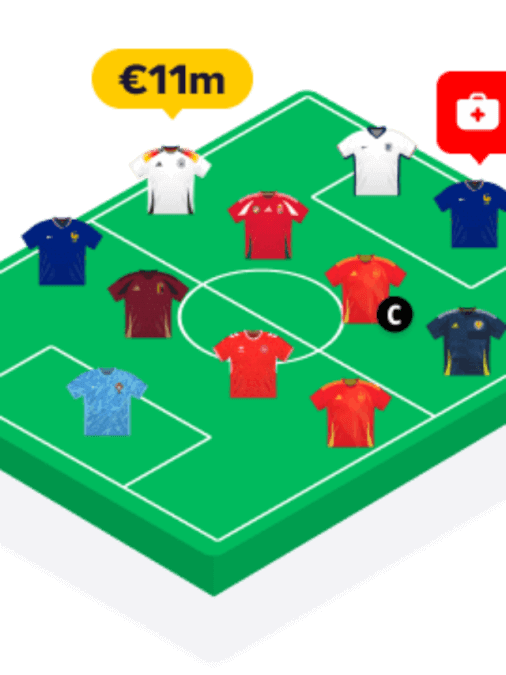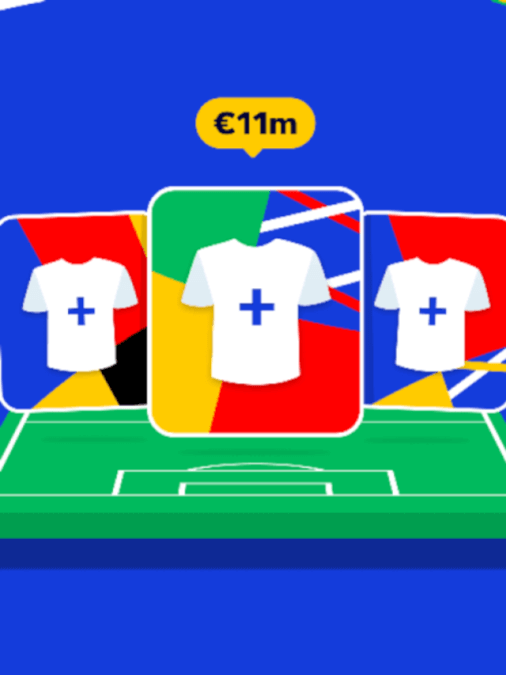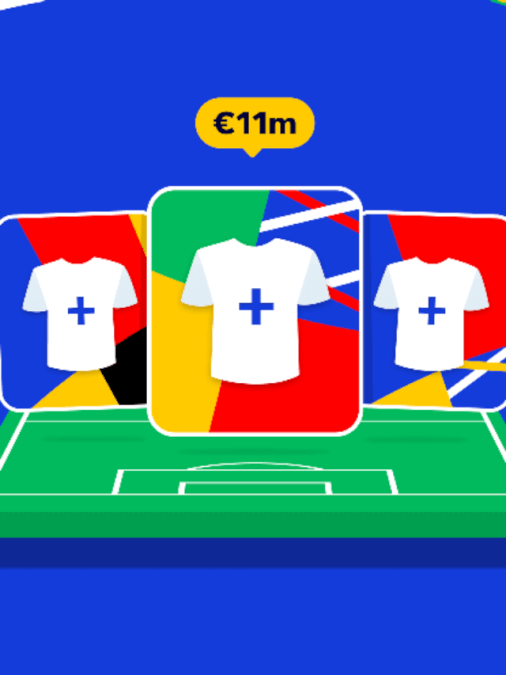Maintaining a balanced diet is crucial for young athletes, especially during tournaments and intensive training periods.
These phases demand increased physical and mental effort, making proper nutrition essential for optimal performance and recovery.
In this article, we’ll explore how to maintain good nutrition during these demanding times and provide tips for packing meals and snacks that travel well.
1. Understanding the Nutritional Needs of Young Athletes
Energy Requirements
Young athletes often have higher caloric needs due to the intense training and competition they undergo. Ensuring that these energy needs are met is vital for sustaining performance levels throughout tournaments.
For more insights into how to optimize energy intake, check out our article on top 10 energy-boosting foods for young footballers.
Macronutrients
A balanced diet consists of three main macronutrients: carbohydrates, proteins, and fats. Each plays a significant role in the diet of a young footballer.
- Carbohydrates: These are the primary source of energy, essential for fueling intense training sessions and matches. It is crucial to include complex carbohydrates, such as whole grains and fruits, in their diet. For more on this, check out our article on understanding macronutrients.
- Proteins: Protein is necessary for muscle repair and recovery. Including lean sources of protein, such as chicken, fish, beans, and legumes, can aid in muscle recovery after rigorous training sessions. For more details, see our guide on post-game recovery: the best foods to recharge young athletes.
- Fats: Healthy fats, such as those found in nuts, seeds, and avocados, provide sustained energy and support hormone function, which is crucial for young athletes’ overall health.
2. The Role of Hydration
Importance of Staying Hydrated
Staying hydrated is just as critical as maintaining a balanced diet. Dehydration can negatively impact performance, leading to fatigue and decreased concentration during games.
For a detailed look at hydration strategies, check our article on hydration hacks for young footballers.
Signs of Dehydration
Young athletes should be aware of the signs of dehydration, which include thirst, dark urine, dizziness, and fatigue.
Hydration Strategies
To stay hydrated, young athletes should drink water regularly and consider electrolyte beverages during intense activities.
3. Meal Planning for Tournaments and Intensive Training
Pre-Tournament Preparation
Proper meal planning ahead of tournaments can significantly enhance performance. Preparing balanced meals in advance ensures that young athletes have the nutrients they need readily available.
For insights on effective meal prep, refer to our article on meal prep for football families: how to plan a week of healthy meals.
Balanced Meal Components
A balanced meal should include:
- Whole grains: For energy.
- Lean proteins: For muscle repair.
- Fruits and vegetables: For vitamins and minerals.
Timing of Meals
Timing is crucial. Athletes should aim to eat a substantial meal two to three hours before a game, with smaller snacks available before and during the event to maintain energy levels.
For suggestions on optimal pre-game meals, check out our guide on pre-game meals: what to eat before a big match.
4. Packing Meals and Snacks That Travel Well
Portable Meal Ideas
Packing meals that are easy to transport can help maintain a balanced diet during tournaments. Here are some ideas:
- Grain bowls: Combine brown rice or quinoa with grilled chicken and veggies.
- Wraps: Fill whole grain tortillas with lean proteins and fresh vegetables.
- Salads in jars: Layer ingredients to keep them fresh, adding dressing just before eating. For fun and healthy cooking ideas, refer to our article on healthy family cooking: fun recipes for young footballers and their families.
Snack Options
Healthy snacks that provide energy and nutrients include:
- Nuts and seeds: A great source of protein and healthy fats.
- Trail mix: A combination of nuts, seeds, and dried fruits for a quick energy boost.
- Fruits: Bananas, apples, or oranges are convenient and nutritious options.
Storage Solutions
Using insulated containers and coolers can help keep meals fresh during travel. Consider packing ice packs to keep perishable items cold.
5. Easy Recipes for Travel-Friendly Meals
Here are a few simple recipes that are perfect for young athletes on the go:
Overnight Oats
A nutritious breakfast option that can be prepared the night before. Combine rolled oats, milk or yogurt, and toppings like fruits and nuts in a jar. For breakfast ideas, check our article on building a winning breakfast: start your day like a champion.
Protein-Packed Energy Bites
Make a batch of energy bites using oats, nut butter, honey, and chocolate chips. These bites are easy to pack and provide a quick energy source.
Homemade Wraps
Fill whole grain wraps with turkey, cheese, spinach, and hummus. Wrap tightly and slice for easy eating on the go.
6. Mindful Eating During Tournaments
Importance of Listening to Your Body
Encouraging young athletes to listen to their bodies is crucial. They should eat when hungry and stop when full, fostering a healthy relationship with food. This approach aligns with our insights on how young footballers can enjoy treats while staying fit.
Avoiding Junk Food
While junk food might be tempting, young athletes should aim to make healthier choices. Packing nutritious snacks, as mentioned earlier, can help avoid unhealthy temptations.
Conclusion
Maintaining a balanced diet during tournaments and intensive training is vital for young athletes’ performance and recovery.
By prioritizing proper nutrition and preparing meals and snacks in advance, athletes can ensure they have the energy and nutrients needed to excel.
Encourage young footballers and their families to explore additional resources on sports nutrition for young athletes, such as our article on the importance of proper nutrition for young footballers.
Key Takeaways Table
| Key Points | Description |
|---|---|
| Nutritional Needs | Understand increased caloric and macronutrient needs. |
| Hydration | Emphasize the importance of staying hydrated. |
| Meal Planning | Plan balanced meals and snacks in advance. |
| Portable Options | Provide examples of travel-friendly meals and snacks. |
| Mindful Eating | Encourage healthy eating habits and listening to hunger cues. |
By following these guidelines, young athletes can perform at their best, ensuring they are physically prepared for the demands of their sport while enjoying the benefits of a balanced diet.
For further exploration of nutrition topics, visit our comprehensive collection of articles tailored for young athletes and their families.









